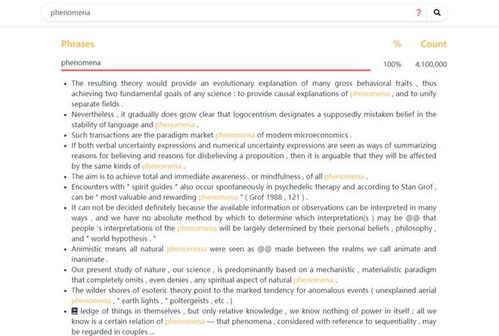The European Championship, often referred to as the Euros, stands as a pinnacle of football excellence, a quadrennial event that captivates the hearts and minds of millions across the continent and beyond. This essay delves into the rich tapestry of the tournament, exploring its history, significance, and the unique cultural impact it has on the global stage.
The inception of the European Championship dates back to 1960, with the inaugural tournament held in France. Initially a modest competition with only four teams, it has evolved into a grand spectacle featuring 24 nations. The growth mirrors the expansion of football itself, reflecting the sport's increasing popularity and organizational sophistication.

Discussing the format of the Euros, from its early knockout stages to the current group and knockout phases, highlights the strategic decisions that have shaped the tournament. The inclusion of more teams and the introduction of the 'Euro for Europe' concept in 1996, where matches were played across the continent, have broadened the tournament's appeal and increased its competitive intensity.
The Euros have witnessed numerous iconic moments that have etched themselves into football folklore. From the "Panenka" penalty by Antonín Panenka in 1976 to the "Gerd Müller's winner" in 1972, these moments not only define the tournament but also influence the sport globally. The essay will explore how these moments are remembered and celebrated, and how they have shaped the careers of players like Michel Platini, who scored nine goals in the 1984 tournament, and Cristiano Ronaldo, whose leadership and scoring prowess have been pivotal in recent editions.
The Euros are more than just a sporting event; they are a cultural phenomenon. The tournament brings together diverse cultures, languages, and traditions, fostering a sense of unity and celebration. The essay will analyze how fan engagement, from pretournament buildup to postmatch analysis, enhances the overall experience and contributes to the tournament's enduring appeal.
Beyond the pitch, the Euros have significant economic and political implications. The tournament generates substantial revenue through ticket sales, broadcasting rights, and sponsorship deals. It also serves as a platform for political statements and national pride. The essay will discuss how these aspects influence the tournament's organization and reception.
Looking ahead, the future of the Euros is both exciting and uncertain. With discussions around further expansion and potential changes to the format, the tournament's evolution is ongoing. The essay will speculate on these changes and their potential impact on the competition's dynamics and global standing.
The European Championship remains a beacon of football excellence, a tournament that not only showcases the best of the sport but also unites a continent. As the Euros continue to evolve, they remain deeply embedded in the cultural fabric of Europe, a testament to the enduring power of football to inspire and unite.
This comprehensive exploration of the European Championship not only highlights its historical and cultural significance but also underscores its role in the global football landscape, making it a mustwatch event for fans around the world.